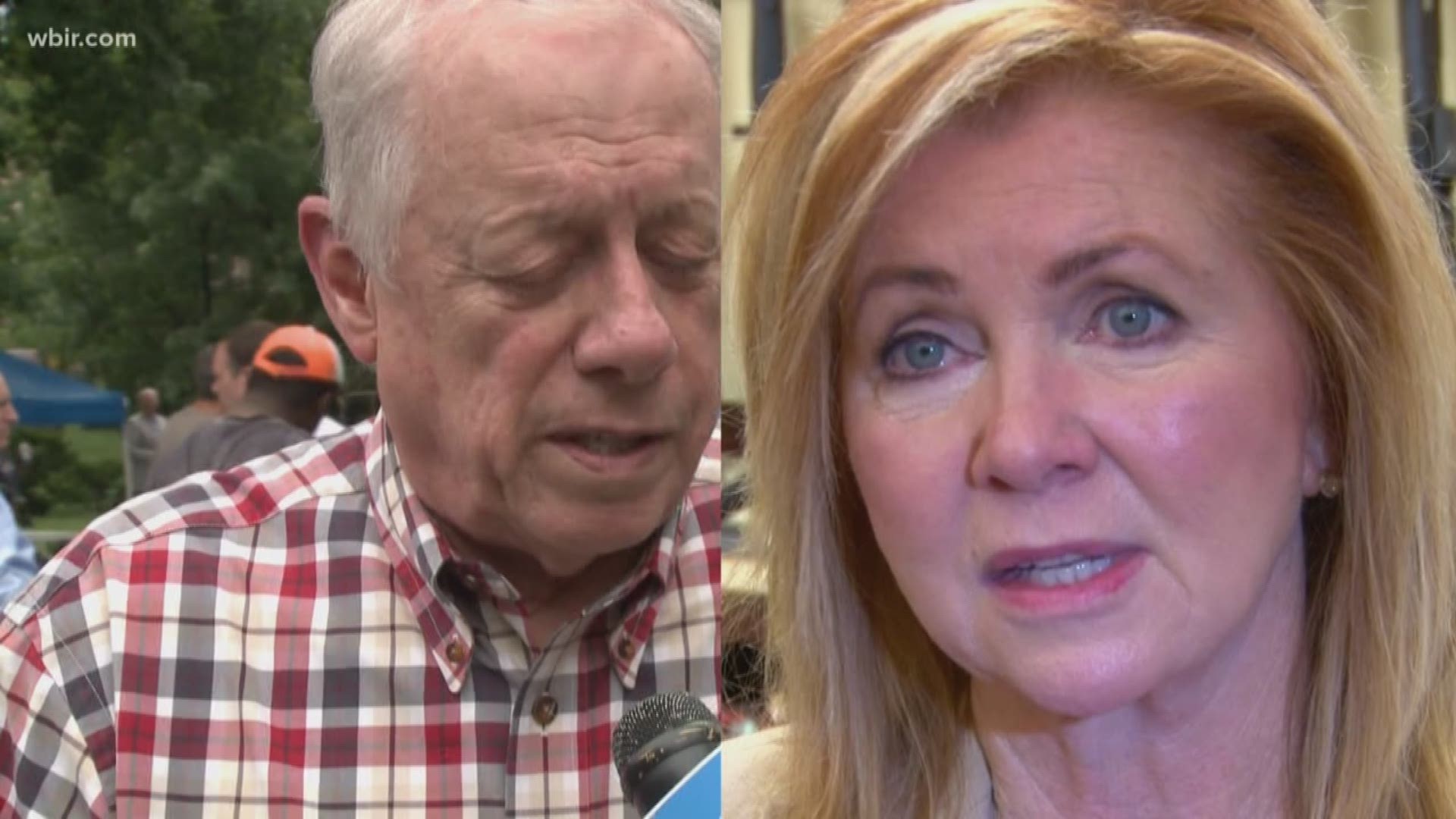The race for Tennessee's place in the U.S. senate is the most expensive race in the state's history.
Former Governor Phil Bredesen and Congressman Marsha Blackburn's combined campaigns are close to hitting $70 million.
That's a combination of money the candidates have raised, as well as contributions from political action committees.
Bredesen has even put millions of his personal money into his campaign funds.
Most of this combined $70 million is going toward political advertisements. Now matter how you look at it, that's a lot of money.
"I'd love to have a client spend $35 million to $70 million but no, I've never seen anything like this," said Gary Drinnen.
He's done consulting work for about 100 political campaigns in East Tennessee.
"The biggest cost is certainly TV ads," he said. "They're spending money on digital advertising at this point in the game."
Drinnen said the money to fund Blackburn and Bredesen's campaigns comes from more than one source.
"You're seeing a lot of third party spending, which means that there are no limits to the amounts that individuals can give, so you're seeing a lot of people give enormous amounts of money."
That got us thinking. If that $70 million dollars was given elsewhere, what changes could it make in Tennessee?
"So Habitat [for Humanity] in Loudon County spends, to build a new home for somebody, they spend about 120,000 dollars," said Drinnen.
That's about 583 habitat for humanity houses.
Dr. Katie Cahill with UT's Howard H. Baker Center for Public Policy gave us a few more breakdowns, showing that $70 million can also pay:
- One year of salary for 1,461 teachers
- One year of groceries for 4,658 families
- One year of tuition at UT for 5,382 students
- One year of utility bills for 43,942 families
Drinnen said that money could also be used to pay for 35,000 ramps to help those with mobility issues access their homes.
"No matter how you slice it there's a lot you could do," said Drinnen.
If so much direct good can be done with this money, why do people give so much to political campaigns?
"I think you probably see people that are doing both," said Drinnen. "They're probably contributing to the campaigns as well as making a difference in their community, and they probably see their giving to the campaign as a way to impact their community."
Drinnen said any donations from political action committees left over after the election will be held for future races.
Personal donations to the campaigns will most likely be used up for one more week of advertising.

